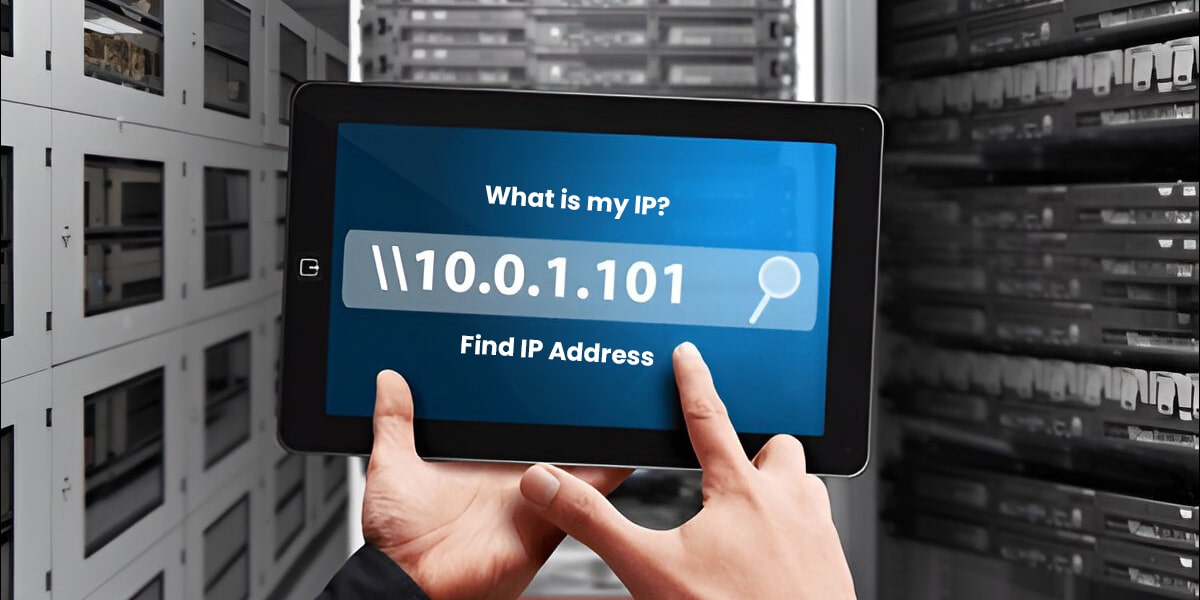What is an IP Address? A Simple Guide for Beginners

Strong 8k brings an ultra-HD IPTV experience to your living room and your pocket.
An IP address (Internet Protocol address) is a unique numerical label assigned to every device connected to a computer network. It serves as the digital equivalent of a postal address, enabling devices to locate and communicate with one another over the internet or local networks. Understanding what an IP address is and how it works is crucial in today’s connected world.
Read More About: What is My IP? How to Find Your IP Address Quickly & Easily
Types of IP Addresses
IPv4 (Internet Protocol version 4):
The most widely used type of IP address.
Composed of four numbers separated by dots (e.g., 192.168.1.1).
IPv4 supports approximately 4.3 billion unique addresses.
IPv6 (Internet Protocol version 6):
Introduced to address the limitations of IPv4 due to the growing number of devices.
Utilizes a larger address format (e.g., 2001:0db8:85a3:0000:0000:8a2e:0370:7334).
Offers virtually unlimited unique addresses and improved efficiency.
Categories of IP Addresses
Public IP Address:
Assigned by an Internet Service Provider (ISP) to devices connected to the internet.
Identifies your device on the global network.
Private IP Address:
Assigned to devices within a local network, such as a home or office.
Used for internal communication and cannot be accessed directly from the internet.
Static IP Address:
Fixed and does not change over time.
Often used for servers or devices that require consistent accessibility.
Dynamic IP Address:
Changes periodically and is assigned by a DHCP (Dynamic Host Configuration Protocol) server.
Commonly used for residential internet connections.
How IP Addresses Work
Every time you visit a website, send an email, or stream a video, your IP address is used to route data between your device and the dedicated server. Think of it like a return address on a package it ensures the requested information is delivered to the right place.
For instance:
- When you type a website URL into your browser, the URL is translated into an IP address using a
- Domain Name System (DNS).
- This IP address tells your device where to retrieve the content you requested.
Why Are IP Addresses Important?
- Device Communication: IP addresses allow devices to find and interact with each other across networks.
- Online Services: They facilitate the functioning of websites, online banking, and streaming platforms.
- Cybersecurity: IP addresses help identify and track malicious activity, aiding in online safety.
- Geolocation: They provide information about a user’s location, enabling location-based services.
How to Find Your IP Address
Finding your IP address is simple and can be done in various ways:
- On Windows: Open Command Prompt and type ipconfig to view your device’s IP address.
- On macOS: Navigate to System Preferences > Network to locate the IP address.
- On Smartphones: Check the Wi-Fi settings for the connected network.
- Online Tools: Use websites like "What is My IP?" to instantly identify your public IP address.
Pv4 vs. IPv6
While IPv4 addresses are still widely used, the adoption of IPv6 is steadily growing. IPv6 offers enhanced features such as improved security, better routing efficiency, and the ability to support a greater number of devices, making it essential for the expanding digital landscape.
Conclusion
IP addresses are fundamental to the functioning of the internet. They act as unique identifiers, enabling devices to communicate seamlessly. Whether you’re browsing a website, sending a file, or hosting a server, IP addresses are at the core of these interactions. Understanding their types, functionality, and significance empowers you to navigate the digital world with greater confidence and clarity.
Note: IndiBlogHub features both user-submitted and editorial content. We do not verify third-party contributions. Read our Disclaimer and Privacy Policyfor details.


